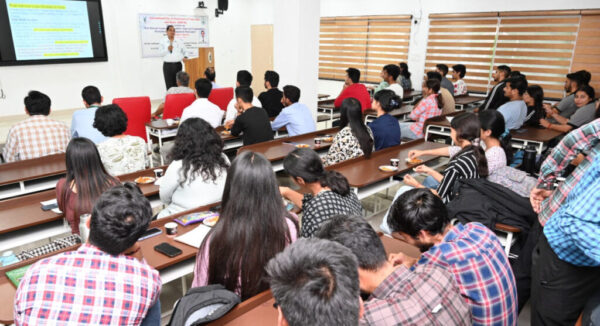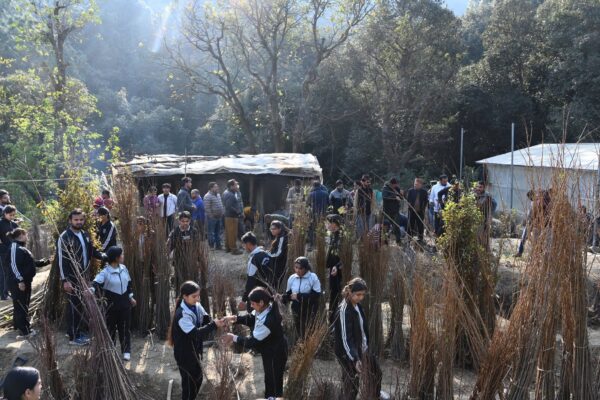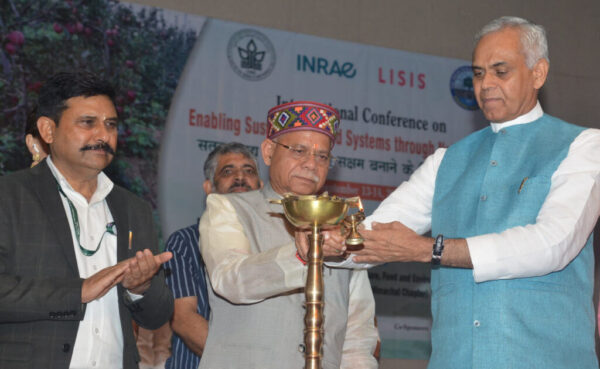Solan News
Experts say reducing food waste is key to sustainability
Experts from Dr. Y.S. Parmar University of Horticulture and Forestry stressed the urgent need to reduce food waste for a sustainable future at an event organised to mark International Day of Awareness on Food Loss and Waste.

Nauni, Solan: Experts from Dr. Y.S. Parmar University of Horticulture and Forestry stressed the urgent need to reduce food waste for a sustainable future at an event organised to mark International Day of Awareness on Food Loss and Waste.
Experts highlighted that about 14% of food produced globally is lost before it reaches consumers, with inefficiencies committed during harvesting and distribution contributing significantly. The United Nations Sustainable Development Goal (SDG) 12.3, which seeks to halve global food waste by 2030, was the main focus of the discussions, with experts urging India to build on this progress.
Post-harvest losses in India have declined from 18% in 2010 to about 15% in 2022, but further reduction is necessary to achieve single-digit losses by 2030.
The economic and environmental costs of food waste were emphasized, with approximately 1.3 billion tons of food being wasted globally each year. This staggering statistic represents nearly a third of all food produced and leads to an estimated economic loss of $1 trillion annually. Furthermore, food waste contributes 8-10% of global greenhouse gas emissions, which exacerbates climate change. Methane, a potent greenhouse gas, is produced when food rots in landfills, making food waste a significant contributor to environmental degradation.
The experts called for greater efforts to reduce food wastage during social gatherings and encouraged individuals to take responsibility for reducing waste. They emphasized that preventing food waste is essential for improving food security, reducing carbon footprint and making food systems more efficient.
The event, organized under the All India Coordinated Research Project on Post-Harvest Engineering and Technology, drew attention to the global and national implications of food loss and urged urgent action. The programme also pointed out that valuable resources such as 25% of the world’s freshwater and 30% of agricultural land are used to produce food that is not eaten. Reducing food loss and waste will help preserve these resources and contribute to global sustainability goals.


